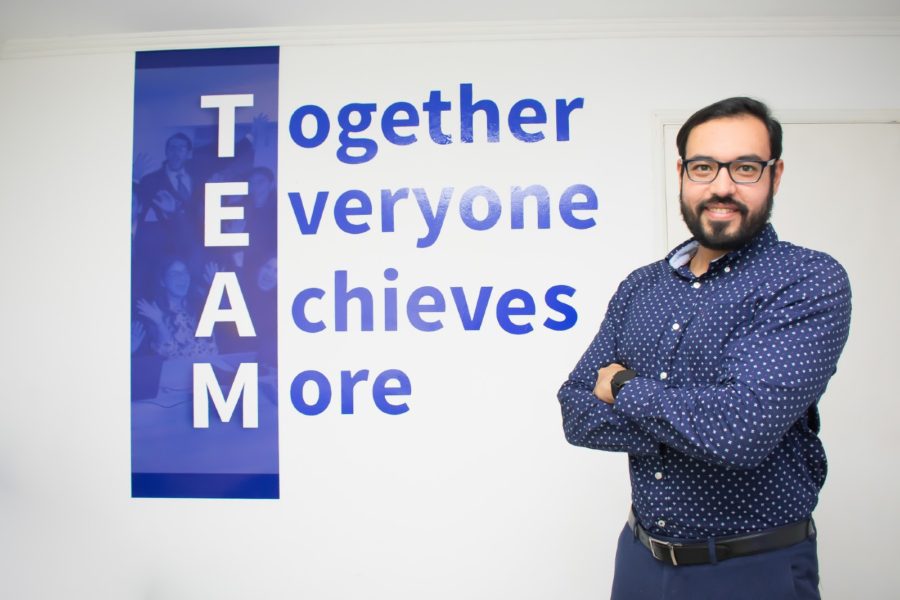Netflix is a name we’re all familiar with, I know. It is even engraved in our modern culture, in phrases such as “Netflix & Chill”. Independently of the innuendos, we know that phrase refers to, Netflix still is a go-to for most people whenever they’re feeling down, bored, or just neutral. I myself included, have to admit.
After all, is there anything more fulfilling than sitting down to watch your favorite TV show after a long day of work? The time to unwind we all need. Nothing special, really, but it doesn’t have to be either. Just you, your TV, and a cliffhanger that’ll keep you on the edge of your seat by the end of every episode. If this doesn’t sound like an ideal plan, I don’t know what an ideal plan is, honestly.
Anyhow, going back on track: I think we all know what Netflix is: an American over-the-top content platform and production company based in Los Gatos, California. It’s not only a streaming platform, but the video streaming app with the most subscribers.
Netflix’s Success
Over 200 million people receive services from Netflix every month, during the whole year. That’s almost two-thirds of the whole American population (I’m not kidding, you can Google it!). A crazy amount of people, if I may add.
But now, has Netflix always been the absolute business juggernaut it is today? Well, if you don’t know how it all started, let me swiftly guide you through it:

It all began in 1997 in Scotts Valley, California by two serial entrepreneurs Marc Randolph and Reed Hastings. It was solely a movie renting service when it initially launched. Netflix users placed movie orders online and then received DVDs by mail.
Once they finished viewing them, they would just return them to Netflix in the envelopes they came in. Back in the day, this was seen as a godsend for anyone who didn’t have access to rental stores.
Fast forward a few decades, and now Netflix broadcasts movies and has over 200 million paid users in over 190 countries worldwide. It offers a diverse selection of TV shows, documentaries, and feature films in a variety of genres and languages, as well as original productions. It’s basically The Tale of the Ugly Duckling but adjusted to the modern business era, isn’t it?
How Did Netflix Keep Control?
After all these years, the question that keeps arising is: how does Netflix continue to be at the top of the game, and more importantly, how did it manage to control its enormous growth in size?
Well, it has now been documented thoroughly how Netflix’s own executives reinvented HR. What’s more appealing about it, though, is how all of the decisions derived from common sense, as I’ll note down below.
First, we’ll start by pointing out Netflix’s core values, as it reads on its official webpage.
- Judgment
- Communication
- Curiosity
- Courage
- Passion
- Selflessness
Just as we previously mentioned, every successful company needs to have a clear vision, mission, and in this case, clear values. Having a defined set of values makes it easier for your staff to comprehend what your company stands for. They also provide them with direction and a sense of security in their employment.
Furthermore, having a set of well-defined principles provides moral guidance to employees through difficult times. It is a much-needed staple in the current climate of rapid technological, environmental, and societal changes.
Dream Team
Being a part of a dream team has immense value and satisfaction. Netflix’s executives go on to say that: great gyms, luxurious offices, and regular parties are not part of their definition of a great workplace. Their idea of a fantastic workplace is a dream team working together to achieve common goals.
Morale, expertise, efficiency, initiative, learning, planning, creativity, and customer service quality can all be improved through teamwork. It can also result in more motivated employees, better day-to-day results, a sense of ownership, better end results, and, eventually, higher profitability.
Freedom and Responsibility
Back in the past, most organizations were hierarchical, and most lower-level employees had little to no control, or even autonomy. This has somewhat eased as new technology has loosened management control, and Netflix recognizes it.
More than managing people, their mission is to inspire them. They trust their own teams to do what they believe is best for the company, and they provide them with a lot of freedom, power, and information that’ll help them make those decisions.
As a result, everyone develops a sense of responsibility and self-discipline that motivates their employees to accomplish excellent work for the organization.
Context, not Control
This means the following: if your staff understands their purpose and how it relates to their company’s current vision, they can make better decisions and achieve far more than they would under a top-down management approach
In order to help set that context, major decisions are shared through memos, open FAQs, and presentations, as well as additional information that provides insight into the factors and options considered. As a result of this transparency, each team understands the environment in which they function as well as the high-level business goals that they (and every other) team are attempting to achieve.
Seeking Excellence
Standing out is what defines excellence. Striving for greatness, brilliance, and distinction rather than perfection.
One way to achieve the effectiveness every business longs for is by working on meeting the expectations everyone involved would benefit from. It doesn’t matter if it’s the client, the owner, or the employees. This brings in reputation, and the organization would be regarded for superior performance, just as Netflix does.
Just like so, Netflix doesn’t try to keep its work culture the way it is; they work on developing it. Everyone who joins their ranks contributes to the continued shaping and evolution of the company.





